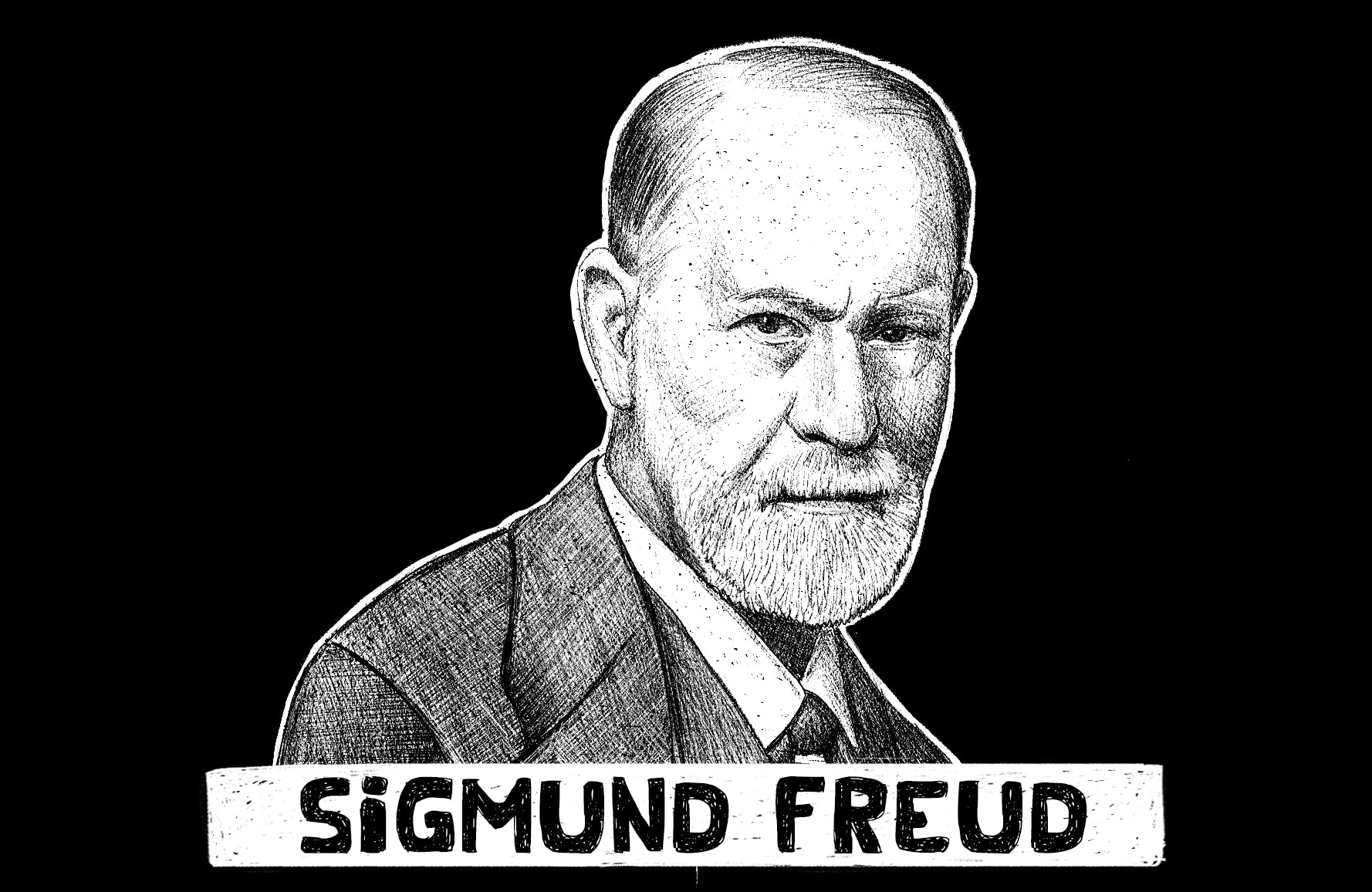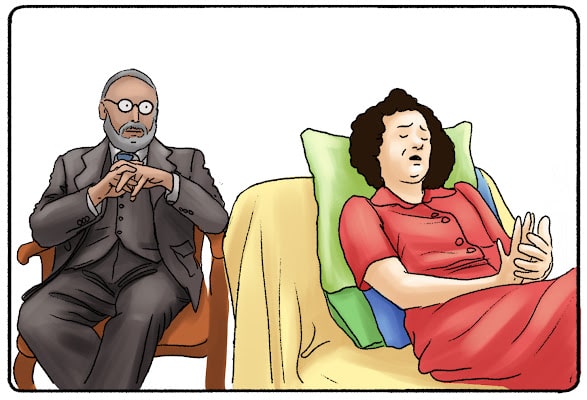Not all psychologists agree on the idea of repressed memories. Let's talk about repression, the theories behind them, and ways that therapists approach trauma today.
What Is Repression?
Psychodynamics suggests that the mind seeks pleasure and avoids pain. If the mind encounters extreme trauma, it might deploy defense mechanisms like repressing memories. Repressed memories are pushed away from the mind so the person can go about their day (or life) without feeling the anxiety related to that trauma.
These defense mechanisms help the person reduce their anxiety (although some mechanisms have negative consequences.)
Why Do Repressed Memories Exist?
Traumatic events can rewire the brain. When a traumatic event happens, it doesn’t just play out in the memory like it was recorded. The brain must process the information it took in during the trauma and the feelings associated with that information. This can simply be an overwhelming process, and the mind doesn’t act like it would when it processes everyday information.
Some studies show that trauma can be forgotten. A person “blacks out” and simply cannot remember what happened to them. But some theories in psychology suggest that those memories can be recovered, and that memories are not “forgotten” but simply repressed.
Repression vs. Suppression
A person is not aware that they are repressing memories. If someone is consciously trying to avoid or forget memories that are painful, they are suppressing their memories.
Freud and Repression
Where do repressed memories go when they are pushed away? According to Freud, they go to a person’s unconscious mind. But that doesn’t mean that they are stored away and have no role to play in a person’s behavior.

Freud believed that a person’s unconscious played a significant role in a person’s traits and behavior. He thought that some mental disorders were simply the result of repressed trauma. If the trauma happened in one of the early stages of psychosexual development, it could contribute to “fixations” that last later in life.
How Freud Recovered Repressed Memories
In order to rid people of their disorders and fixations, Freud believed he needed patients to recover their repressed memories. He did this through word association, dream interpretation, and other methods. Although Freud is considered the father of modern talk therapy, you probably won’t be telling your therapist about your dreams to process trauma.
Are Repressed Memories Real?
Freud’s ideas haven’t always stood the test of time. Repressed memories, although seemingly not as harmful as the Oedipus Complex, is one of these ideas. Some psychologists doubt that this process occurs in the way that Freud suggested. How can we truly know that we’ve repressed a memory if we’re not consciously aware of the repression process?
State-Dependent Memories or Recovering Repressed Memories?
Often, this answer comes to us unexpectedly. The brain uses multiple pathways to store memories, and studies have shown that it is possible to repress memories. These memories can be recovered, but not always when the person wants to deal with them.
“State-dependent” memories are memories associated with a specific trigger. This trigger could be an emotion. It could be sensory stimuli. Whatever it is, interacting with that trigger could bring back the repressed memory. If you have ever seen Silver Lining’s Playbook, you may remember the scene when Bradley Cooper’s character is triggered by the Stevie Wonder song, “My Cherie Amour.”
But a therapist is unlikely to try and trigger a patient. Plus, doing so may be unsuccessful - triggers can often be unpredictable.
There is more to this debate around repressed or recovered memories. If someone were to intentionally uncover a repressed memory, how accurate would it truly be?
How Accurate Are Repressed Memories?
Not all of our memories, even the most significant ones, remain intact throughout our lives. Flashbulb memories, for example, are memories that are significant because they are related to a certain event. (The answers to questions like, “Where were you on 9/11?” or “Where were you when Obama was elected President?” are examples of flashbulb memories.) Although we tend to be very confident in our ability to remember these moments, studies say otherwise.
Who is to say that formerly repressed memories aren’t just as vulnerable to changes? It is possible that the patient or therapist, intentionally or unintentionally, leads the patient to believe something false about their memory in an attempt to uncover it.
Who is to say that the memory is there at all? It is possible for the brain to completely let go of traumatic memories. Could these repressed memories just be created based on schemas or other information?
How to Deal With Repressed Memories
Are there benefits to pulling out repressed or suppressed memories? It depends on the person and the trauma they’ve experienced. Going back into these memories may help a person contextualize a situation and see that they misplaced blame at the time of the incident. Talking through these memories with a professional may help the patient “let go” of the memory.

Not all therapists will attempt to pull out repressed memories to deal with trauma. Some therapists prefer to approach trauma by looking at their patient’s current symptoms. Rather than spending time reliving a traumatic incident, they may focus on what the patient can do today to reduce anxiety, stay focused, etc.
Experiencing Anxiety? Talk to a Professional
Different therapists will use different approaches to talk about trauma. If you have experienced trauma or your anxiety is keeping you from living a productive life, do not try and “recover” memories of that trauma yourself. There is no one DIY solution for processing trauma. Reach out to a licensed professional to talk about your concerns. While determining whether the therapist is right for you, consider asking them their thoughts on repressed memories and how they approach trauma work with patients.
